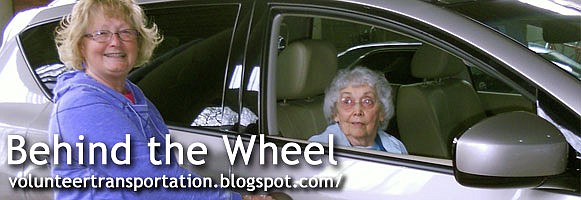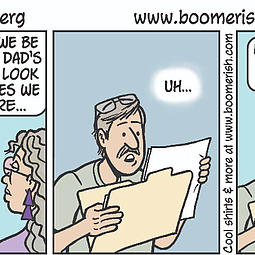Changes Possibly Coming To Metro Transit
June 27, 2014 at 11:08 a.m.
King County Metro is continuing its plans to potentially reduce future services by around half of one million annual working hours as a result of less funding, according to Metro releases.
Around 75 percent of all routes, or 156 total, could either be cut or have their services reduced, with about 4% more routes being adjusted than cut outright, according to the release. Routes are altered based on factors including traffic, low-performance or other duplicate routes.
The proposed cuts would have the potential to affect all riders, in addition to senior and older riders, Metro Transit spokesperson Jeff Switzer said.
“In some cases riders are going to be walking farther, maybe transferring more, likely facing more crowded buses,” Switzer said. “Crowded buses can make it harder for seniors who rely on that priority seating.”
Even if a route is being cut it doesn't mean all service in that area is going to be cut, Switzer said. A rider can look for alternatives to their normal routes, Switzer said.
With cuts recommended for later in 2014 as well as early 2015, seniors in King County do have alternative options for transportation.
King County’s Senior Services features public transportation as one of its biggest and most successful offers, said Karen Bystrom, marketing and communications director.
Senior Service’s volunteer transportation program features more than 600 drivers. Volunteers use their own vehicles to provide seniors 60 and over to medical appointments and other necessary destinations.
“It’s simply the access to whatever services they need, whether they’re going to medical appointments, or senior centers,” Bystrom said. “It’s very much about the social connection; a lot of our volunteer drivers really get to know the people they give rides to.”
Alternative options for transportation give seniors an accessible option to leave their houses and interact with their community, Bystrom said.
The Hyde shuttle is a free service in selective parts of King County, a round-trip van that drives riders to typical destinations, such as hot meal programs, senior centers and grocery stories.
The Hyde service serves seniors 55 and over, or those with disabilities, who live in the service area.
“If you’re unable to drive yourself, it’s easy to feel isolated,” Bystrom said. “The opportunity to get out of your own home, to get out around people, is really important to folks. That’s really what it’s all about.”
If Metro eliminates and changes some of its routes, seniors will still have options in Senior Services. While Senior Services is not planning specific changes to its services to accommodate any Metro cuts, Services is always considering ways to make transportation more accessible, Bystrom said.
All Metro buses are equipped with accessibility options for older riders including ramps for scooters and wheelchairs. Buses also include automated stop announcements for riders to hear their destinations out loud.





